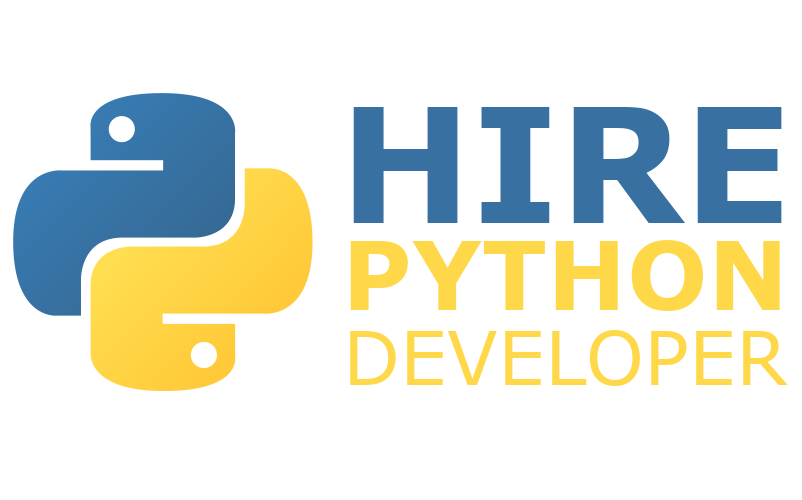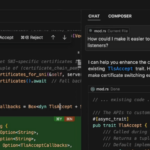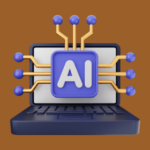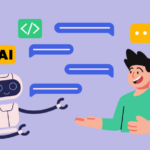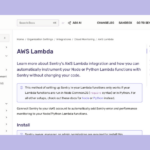“Should I learn C# or Python?” – this question sparks a journey into the heart of programming languages.
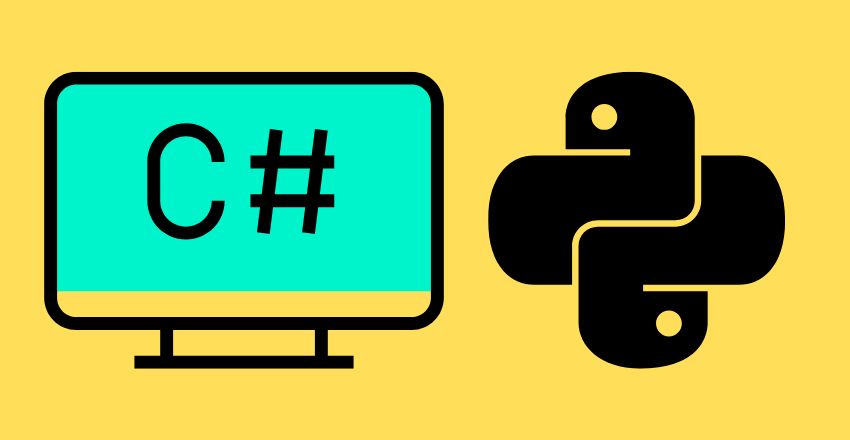
On the Crossroads: C# or Python, What Should You Learn?
Deciding on the first programming language to learn can seem like standing at a crossroads. One path leads to C# (pronounced C Sharp), a statically typed, multi-paradigm language developed by Microsoft. The other path guides you towards Python, a high-level, interpreted language renowned for its readability and simplicity. But which direction should you take?
Let’s walk through this journey to unravel the best choice.
The Birth of C# and Python: Historical Perspective
Back in 1991, a young Guido Van Rossum breathed life into Python, aiming for simplicity and readability. Nine years later, Microsoft responded with C#, a language designed to be a simple, modern, general-purpose, object-oriented programming language, in 2000.
Comparing Ease of Learning: C# vs. Python
When deciding which is easier to learn, Python typically comes out on top. Python’s syntax reads like English, removing much of the complexity found in programming. C#, on the other hand, can seem daunting to a newbie, with its curly braces and semi-colons.
Key Takeaway: If ease of learning is your primary criterion, Python appears to be a less steep hill to climb.
Diving into Job Market: C# vs. Python
In 2021, Python developers earned an average annual salary of $110,840 while C# developers earned $88,726 according to Payscale. This gap in salary might sway your decision. However, remember that salary figures can vary significantly based on location, experience level, and the industry.
Pro-tip: Always consider your personal interest and the industry you plan to work in when deciding on a language.
Looking into Specific Use Cases: Web Development, Performance, and Integration

Both C# and Python have their unique strengths when it comes to specific use cases. C# shines in web development due to its seamless integration with .NET framework. Python, however, stands out in data analysis, machine learning, and artificial intelligence.
In terms of performance, C#, being a compiled language, generally outperforms Python. Yet, Python’s dynamism and ease of use often speed up the development process, balancing out the performance scales.
Interesting to note, integrating C# and Python in a single project isn’t unheard of, allowing developers to leverage the strengths of both.
Analyzing Code Examples: Syntax Differences
To take a look at the difference in Syntax when coding in Python and .Net we will take a look at creating a short program in each language.
We will give an example of calculating the Mersenne sequence to the first 200 numbers and returning it as an array in
Python:
def calculate_mersenne_sequence():
mersenne_sequence = []
for i in range(1, 201):
mersenne_number = (2 ** i) - 1
mersenne_sequence.append(mersenne_number)
return mersenne_sequence
mersenne_sequence = calculate_mersenne_sequence()
print(mersenne_sequence)And here’s the equivalent example in
.NET (C#):
using System; using System.Numerics;
public class Program {
public static BigInteger[] CalculateMersenneSequence()
{
BigInteger[] mersenneSequence = new BigInteger[200];
for (int i = 0; i < 200; i++) { BigInteger mersenneNumber = BigInteger.Pow(2, i) - 1;
mersenneSequence[i] = mersenneNumber; }
return mersenneSequence;
}
public static void Main()
{
BigInteger[] mersenneSequenceDotNet = CalculateMersenneSequence();
foreach (BigInteger number in mersenneSequenceDotNet)
{
Console.WriteLine(number);
}
}
}Differences between Python and .NET (C#) in the examples:
- Syntax: Python uses indentation to define code blocks, while .NET (C#) uses curly braces ({}) for the same purpose.
- Data Types: Python automatically handles arbitrary-precision integers, while .NET (C#) requires the use of the
BigIntegerclass to handle large numbers. - Array Initialization: In Python, you can create an empty list and dynamically append values. In .NET (C#), you need to predefine the size of the array before assigning values to its elements.
- Output: Python uses the
print()function to display values, while .NET (C#) usesConsole.WriteLine()for the same purpose.
Overall, the core logic and calculations in the examples are similar in both Python and .NET (C#), but there are syntax and language-specific differences between the two.
The Better Choice: C# or Python?
As a Python developer, I’ve had countless discussions about which is better to learn, Python or C#. Often, it boils down to individual goals.
For beginners, Python’s simplicity makes it a clear winner. But C# could be a superior choice for someone eyeing a career in game development or .NET-specific applications.
Understanding the Learning Curve: Why Is C# Harder?
C# is inherently more complex than Python due to its static typing and verbosity. You’re required to declare variable types, deal with pointers, and handle memory management.
Python, on the other hand, is dynamically typed. It takes care of many complexities, making it an attractive choice for beginners.
Transitioning Between Languages: From Python to C#
Can you learn C# if you know Python? Absolutely! Knowledge in Python can be a springboard to learning C#. Concepts like control flow, data structures, and object-oriented programming are universal. However, be prepared for a stricter syntax and more formality with C#.
Financial Factors: C# vs. Python Salary
As a developer, your earning potential is influenced by your chosen language. In 2021, data suggested that Python developers had a higher median salary than their C# counterparts. However, one must consider other factors such as location, industry, and experience level.
The Power of Community: Should I Learn C# or Python Reddit
Online communities can offer a wealth of insights. On Reddit, the debate of “should I learn C# or Python” is common. Many users advocate for Python’s simplicity, while others highlight C#’s robustness. I recommend exploring these discussions to inform your decision.
Performance Showdown: Python vs. C# Performance
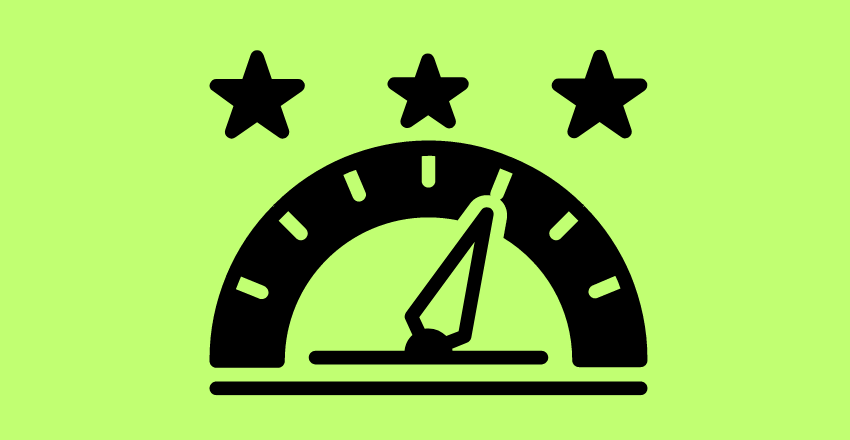
C# often outperforms Python in terms of raw execution speed. This is because C# is compiled, while Python is interpreted. However, Python’s simplicity often accelerates the development process, which can be a significant performance boost in its own right.
Web Development: C# vs. Python
For web development, both languages have robust frameworks. C# has ASP.NET, while Python boasts Django and Flask. The decision here depends on the specific needs of your project and team.
Language Integration: C# and Python
Combining C# and Python isn’t unheard of, especially when a project requires the strengths of both languages. Libraries like Pythonnet and IronPython make such integration possible.
Syntax Showdown: C# vs. Python
When it comes to syntax, Python is minimalist and easy to read. C#, though more complex, offers clear structure beneficial for large projects.
Learning to code is a personal journey. Whether you choose C# or Python, commit to it, and enjoy the process. Your enthusiasm and dedication will be more valuable than the language you choose.
Unfolding the Mastery: Insights from a Veteran Python Developer
I’ve gathered pearls of wisdom that might influence your decision on whether to learn Python or C#.
Envisioning the Future: Python’s Role in Emerging Technologies
Python has positioned itself as a go-to language in the realms of data science, artificial intelligence, and machine learning. If you’re intrigued by these fields, Python is undoubtedly a strong contender.
The Beauty of Versatility: Python in Scripting and Automation
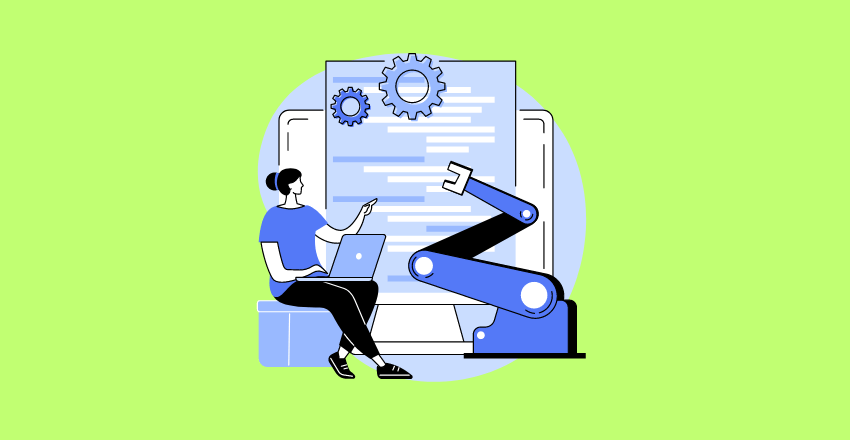
Python’s use isn’t limited to web development or data science. Its simplicity and wide array of libraries make it an excellent tool for scripting and automation. If you’re looking to automate repetitive tasks, Python can be your magic wand.
The C# Edge: Desktop Applications and Game Development
While C# might seem intimidating initially, it has its strengths. C#’s integration with the .NET framework makes it a powerful tool for developing Windows desktop applications. Moreover, if you’re captivated by the world of game development, C#’s use in Unity, a popular game engine, might tilt the scales in its favor.
The Python Advantage: Rapid Prototyping
One aspect where Python shines is rapid prototyping. Its simple syntax and readability allow developers to implement ideas quickly, making it a favorite for startups and tech giants alike.
Picking the Right Tool: Python and C# Together
As you grow in your coding journey, you’ll realize that it’s not about Python vs. C#, but rather understanding when to use which. At Google, we often use both languages, picking the one that suits a particular problem best. Learning to do this is what truly separates a good developer from a great one.
Final Thought: Whether you pick Python or C#, remember that the language is just a tool. Your problem-solving skills, creativity, and thirst for knowledge are what truly define you as a developer.
The Final Verdict: Python or C#
After our journey, here’s the key question: Should you learn C# or Python? There’s no one-size-fits-all answer. Your decision should reflect your interests, career goals, and the industry you’re aiming for.
If you’re already familiar with Python, learning C# could diversify your skill set, making you a more versatile developer. Conversely, if you’re a C# programmer, Python could broaden your horizons, particularly in fields like data science or AI.
Remember, languages are just tools in a developer’s kit. The best developers aren’t defined by the languages they know, but by their problem-solving abilities, creativity, and eagerness to continue learning.
Remember: The journey of learning to code is a marathon, not a sprint. Choose the path that resonates with you the most, and enjoy the journey!
Final Pro-tip: Join online communities like Reddit to get insights from other learners’ experiences, whether they chose C# or Python. Their advice can provide valuable guidance and unique perspectives.
Matthew is a technical author with a passion for software development and a deep expertise in Python. With over 20 years of experience in the field, he has honed his skills as a software development manager at prominent companies such as eBay, Zappier, and GE Capital, where he led complex software projects to successful completion.
Matthew’s deep fascination with Python began two decades ago, and he has been at the forefront of its development ever since. His experience with the language has allowed him to develop a keen understanding of its inner workings, and he has become an expert at leveraging its unique features to build elegant and efficient software solutions.
Matthew’s academic background is rooted in the esteemed halls of Columbia University, where he pursued a Master’s degree in Computer Science.
As a technical author, Matthew is committed to sharing his knowledge with others and helping to advance the field of computer science. His contributions to the scientific computer science community are invaluable, and his expertise in Python development has made him a sought-after speaker and thought leader in the field.
